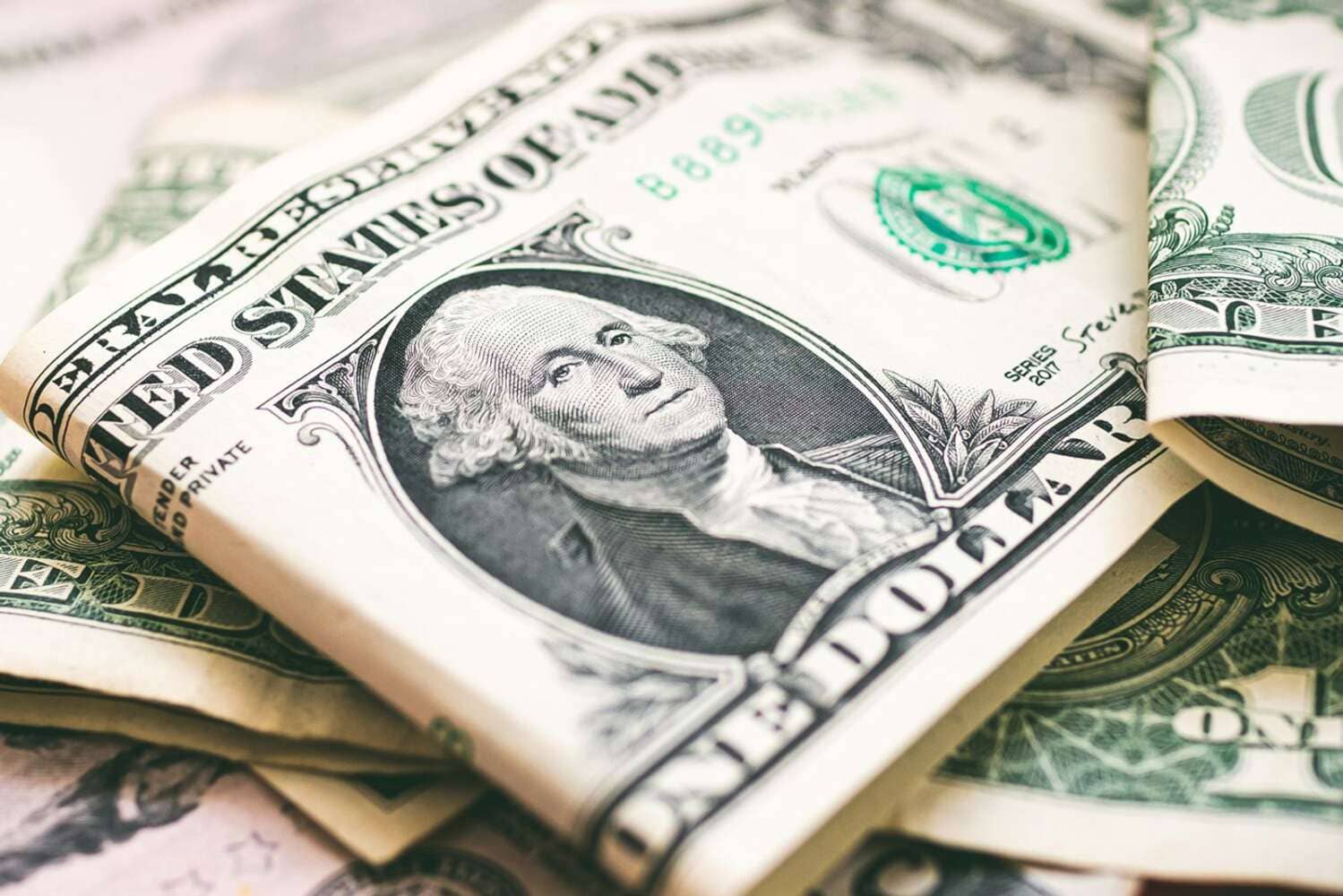
Writing in his Economic Letter for August, Worrell, who served as the CBB governor from 2009 to 2017, said that time frame there have been various socio-economic activities that have led to a further deepening of the regional integration process.
“The Caribbean is unquestionably more integrated today than it was 50 years ago. Since that time, Trinidad’s style of carnival has spread into the diaspora and across the region; Jamaican music has become a world phenomenon, with variants springing up everywhere, including in the Caribbean.
“Caribbean literature attracts readership across the English-speaking world and in the region; and thanks to many decades of emigration, and the presence of large communities of Caribbean people in major cities in North America and the UK, almost everyone has personal links of family and friendship across the region,” Worrell wrote.
But he argued that “this is not the pattern of regional integration which the Caribbean leadership has in mind.
“But it has developed organically to the benefit of the region’s people, providing rich and dynamic cultural experiences for us to enjoy and celebrate, and enriching livelihoods for cultural practitioners, regional economies and everyone who benefits from remittances, pensions and other income from abroad.
Ironically, it is often in Miami, New York or Toronto that we feel most Caribbean.”
Worrell said that there is no need to abandon Caricom, which this year is celebrating its 50th anniversary, saying “it is a useful forum for leaders to meet regularly to exchange views on the issues of the day and the performance of their economies.
“However, it is surely naïve to expect that the decisions made at these meetings will have some impact in the future that is any more notable than has been the case in the last 50 years,” the Barbadian economist wrote.
He said the one major change that would deepen Caribbean regional integration significantly would be the use of United States dollars for all local business in place of the national currency, adding “no Caricom decision is needed for any country to reap that benefit”.
Several countries in the Caribbean have their own currency with the most stable being the Eastern Caribbean dollars, which is pegged to the US dollar at a rate of US$0.37 cents.
The Bahamas dollar trades at the equivalent of one US dollar, while Barbados’ dollar is pegged at US$0.50 cents.
Jamaica, Guyana, Trinidad and Tobago, and Belize dollar fluctuates between US$0.008 cents to US$.0.49 cents.
In his ‘Economic letter” Worrell said that over the five decades of Caricom’s existence, Caribbean leaders have signed successive agreements committing the region to ever stronger cooperation, “all the while implementing policies that are more and more divergent.
“In theory, Caricom has gone from a free trade area, to a common market, to a single market space, and now to a single economy, implying commonality of financial and commercial regulation, and common rules and procedures.
“The reality is that each member country has its own internal systems, and the laws, rules and procedures governing the movement of goods, people and finance between members are the same as for the US, UK, Canada or any other non-Caricom country.”
He said that in the 1960s and early 1970s, newly-independent Caribbean countries actively collaborated in designing economic policies, with the participation and advice of renowned scholars associated with The University of the West Indies and the Sir Arthur Lewis Institute, then known as the Institute for Social and Economic Research (ISER).
He said when the United Kingdom devalued the pound sterling against the US dollar on November 18, 1968, Caribbean countries approached The UWI to advise as to whether they should follow suit.
Worrell said the ISER arranged for studies to be prepared, and a conference was held at which the pros and cons were discussed.
“Encouraged by the insights which the exercise yielded, the region’s central banks and The UWI set up a permanent programme for regional economic policy research.
That programme evolved into the Caribbean Centre for Money and Finance, which I headed for a brief period a decade and a half ago. The centre has since been dissolved, its services no longer needed now that there is no longer any interest in regional policy coordination.”
CLICK HERE TO JOIN OUR WHATSAPP GROUP
CLICK HERE TO JOIN OUR WHATSAPP GROUP
CLICK HERE TO JOIN OUR WHATSAPP GROUP
CLICK HERE TO JOIN OUR WHATSAPP GROUP
Advertise with the mоѕt vіѕіtеd nеwѕ ѕіtе іn Antigua!
We offer fully customizable and flexible digital marketing packages.
Contact us at [email protected]

















Dr. Worrell is a highly educated idiot if he recommends the U.S. dollar for Caribbean countries. The dollar is experiencing its toughest challenges in 2023, especially due to the BRICS coalition and many countries ditching the U.S. dollar as a reserve currency.
It seems Dr. Worrell has been paid to represent U.S. economic interests. It is no surprise a U.S. Embassy is based on Barbados. The Caribbean has already helped to build the U.S. economy for hundreds of years. The Caribbean imports most foods and non-food items from the U.S. Aligning with BRICS is a better option for the Caribbean.
Dear William LG Francis
I’ll leave most of your missive behind, but will pick up on your suggestion that we align ourselves with the Brics.
Please explain how importing our food from Brazil or China is going to lead to a better quality of life for the average person living in Antigua. I assume you haven’t looked, but there’s no direct shipping from any of the Brics to here. Get ready for food shortages.
Secondly in case you haven’t noticed the ECD is pegged to the USD, do you propose floating the XCD or pegging it to one of the highly volatile Bric currencies?
I look forward to reading your thoughtful reply
Two weeks of labour is EQUAL TO Car tires AT $200US…
Yes @ William , I also believe that BRICS will benefit the Caribbean region in the long run, because when Caribbean countries go to the IMF with cap in hand, the money that was loaned out to them with restrictions, was more or less given to pay off outstanding debts to other countries, instead of using it for EDUCATION and INFRASTRUCTURE purposes.
Brazil 🇧🇷
Russia 🇷🇺
India 🇮🇳
China 🇨🇳
South Africa 🇻🇺
BRICS doesn’t have the same financial limitations; and Caribbean islands like Antigua & Barbuda will be able to use the borrowing as they please – could well be a good thing in the future!
Agreed.
Sounds like a new form of colonization. Anyway, we already have adopted the US dollar. Our currency value is based on it. Where do you think the EC figure 2.7169 comes from? It’s the equivalent of $1 USD.
We are already trading with the brics.
Brazilian chicken at epicurean. Chinese goods flood the stores
While he’s at it, why not suggest that we become US territories. Goodness we already cater for them in our hotels so why not revert to slavery again.
This is why we as a Caribbean and people will never prosper. The bigger islands with the wealth of resources (now diminished) thought that the smaller islands would be too dependent on them and they wanted to chart their own course.
So sad that all we know how to do is compete with each other. We never listened and heeded Bob Marley’s words “Emancipate yourself against mental slavery”.
I am no economist but I think that is the dumbest think coming from an educated person. However don’t expect anything better coming out of Barbados.
Big mistake with allnthe recent developments in Africa and the rise of the BRICS. The US dollar is about to fold
Let the US dollar continue its downward spiral to its death…better the end of a thing than the beginning…its been quite an unfortunate era..
All the NEGATIVE USA talk. Who rescued Grenada?? Where do we send our kids to school, Brazil, Africa, Iran, not a chance. Those who want to align themselves with rogue nations, have at it.
2023: US Dollar is dedolarized
Caribbean Economist: adopt the US dollar as your choice of currency.
You can’t make this stuff up!
@William LG Francis
Obviously you have very strong feeling about Dr. Worrell, and the idea he out goers in his economic paper, but that’s a bit harsh.
Unlike 5 the BRIC and now the BRICS and those clamoring to be part of the BRICS we are not a single nation.
CARICOM is not involved in monitory issues. No single Caribbean country can get into BRICS on their own.
ECCB lost over $50 million last years, no one had anything to say.
The BRICS are producers and exporters. Guyana and its oil revenues of two and a half percent of net income maybe the only eligible CARICOM member eligible for BRICS
What would we be presenting as our credentials for consideration to membership in BRICS
The US Dollar and the Bahamian dollar is no different when you buy some conch salad in Nassau. Their dollar trade in all the Bahamian family islands like the US dollar and they a CARICOM member.
It’s so telling that some here sees the benefits of being a member of BRICS is the opportunity to borrow.
and no said anything… well no one did anything.
A RESHUFFLING SHOULD’VE BEEN IN ORDER,NO?
Am no economist, but since the usd currency is not pegged to gold but war for oil and financial hegemony, where you force countries to purchase goods in usd currency even if that country has its own currency, with BRICS now coming to fruition America is using our financial academic stooges to shift the usd currency domination elsewhere before BRICS take over the market.
The ECCB already said no to adopting the US dollar.
The US dollar is already the currency we have to use in doing business across borders so how much closer should it be anyway?
Many businesses price their goods in both local and US dollars. We dont see them priced in any other currency. Further ties with the US dollar will in my opinion ensure we go down with the US.
The ECCU lost money due to lack of doing businesses during lockdowns forced on us by external decision making. Also as a result of those actions such as moratoriums on repayment on mortgages etc as covid assistance.
Loss of income in my opinion is not a good reason to drop our currencies in favour of the US.
I also note the the countries with the most natural resources have their currencies valued less to the US dollar.
Comments are closed.